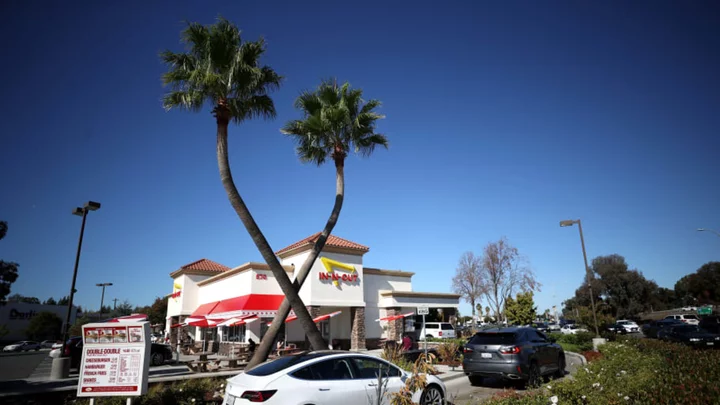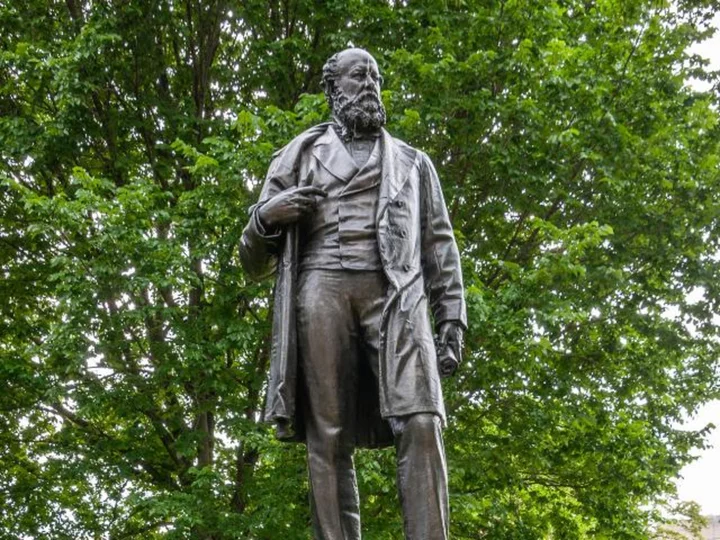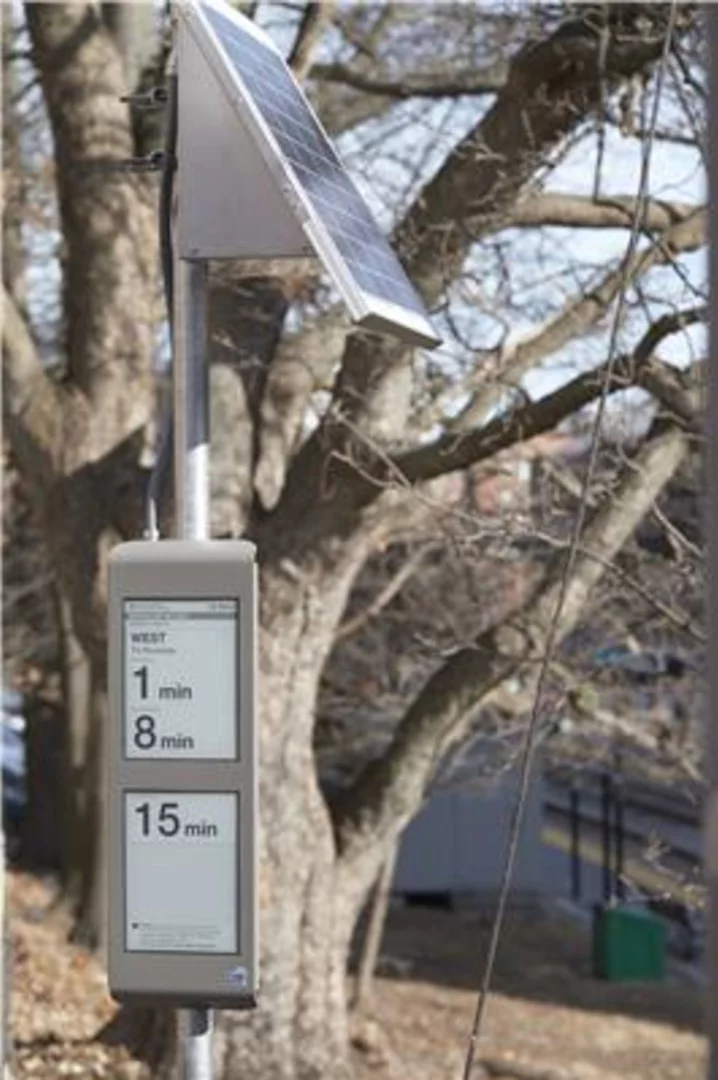Plenty of fast food franchises have iconic imagery, from McDonald’s golden arches to the Taco Bell—bell. For burger chain In-N-Out, it’s a little more subtle and organic. Found near most of their 300-plus locations are pairs of intersecting palm trees, planted to form an X. The shape is obviously deliberate. So what does it mean?
As with many branding ideas, you can trace it back to the founder. Harry Snyder opened the first In-N-Out in Baldwin Park, California, in 1948. By 1961, palm trees were sprouting in an unusual direction near many of the restaurants. According to the official company history, the visual comes from Snyder’s love of the 1963 comedy film It’s a Mad, Mad, Mad. Mad World. Snyder was amused by the film’s central conceit: that a buried treasure was marked by a W. Later in the movie, it’s discovered that the treasure is underneath four palms shaped like the letter.
Snyder considered each In-N-Out location his own kind of treasure, so he opted to “mark” the spot with the more conventional X. To get the shape, the trees are planted at an angle and then tied together until they mature enough to hold the direction on their own.
As the chain continues to expand, the challenge of maintaining that familiar visual cue keeps growing. Utah, for example, doesn’t have the climate for palm trees. Neither does Colorado, though the company did try warming the tree bases and trunks via heated cables.
This article was originally published on www.mentalfloss.com as The Surprising Inspiration Behind In-N-Out's Crossed Palm Trees.









